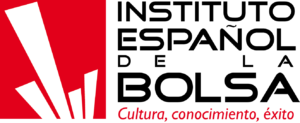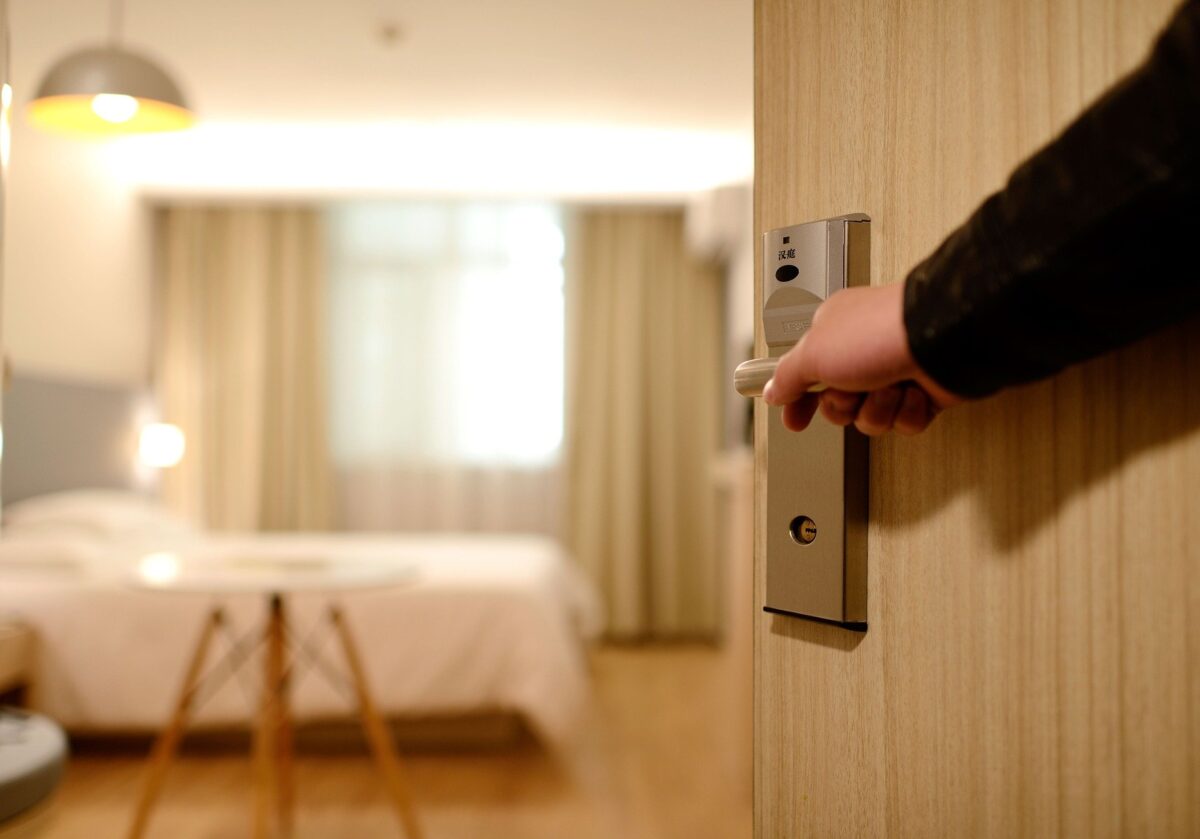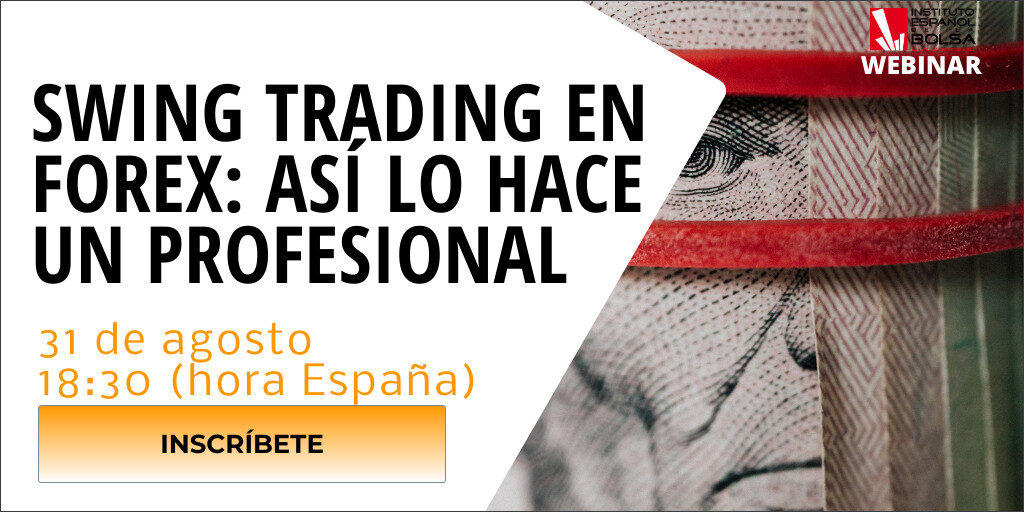Uno de los sectores más afectados por la pandemia del Covid-19 fue el sector hotelero, donde cadenas tan reconocidas como Hilton Worldwide Holdings Inc. llegaron a presentar una disminución en sus Ingresos por Habitación Disponible (RevPAR, por sus siglas en inglés) de más del 80%, y unas pérdidas operativas por más de 400 billones de dólares el trimestre pasado.
Y aunque las razones de ese comportamiento parecen obvias, aquí las enunciamos porque al final representaron nuevas oportunidades para cada marca, para reinventarse como nunca antes, y aprovechar la situación de la mejor forma posible. Lo primero, fueron las medidas de distanciamiento social aplicadas por los diferentes gobiernos, prohibiendo las grandes aglomeraciones de público, vuelos domésticos e internacionales, ente otros. Segundo, el componente personal de cada consumidor, con baja confianza en salir a establecimientos públicos, y además cortando sus gastos en la mayor medida posible.
Y aunque ha representado un golpe durísimo para la industria, donde varios hoteles tuvieron que entrar en bancarrota, y otros tomar medidas a nivel laboral, como vacaciones forzosas, disminución de salario, despidos, etc. Las marcas que sobrevivieron, han tomado la mejor actitud frente a esta situación, y están implementando varias medidas para recuperar esa confianza de la gente, y potenciar su negocio al máximo cuando volvamos a la normalidad. Y es que a medida que sigue disminuyendo la velocidad y cantidad de contagios a nivel mundial, la demanda por hoteles crece, en lo que debe tener una correlación negativa muy alta pero interesante, como se puede apreciar en la siguiente gráfica.
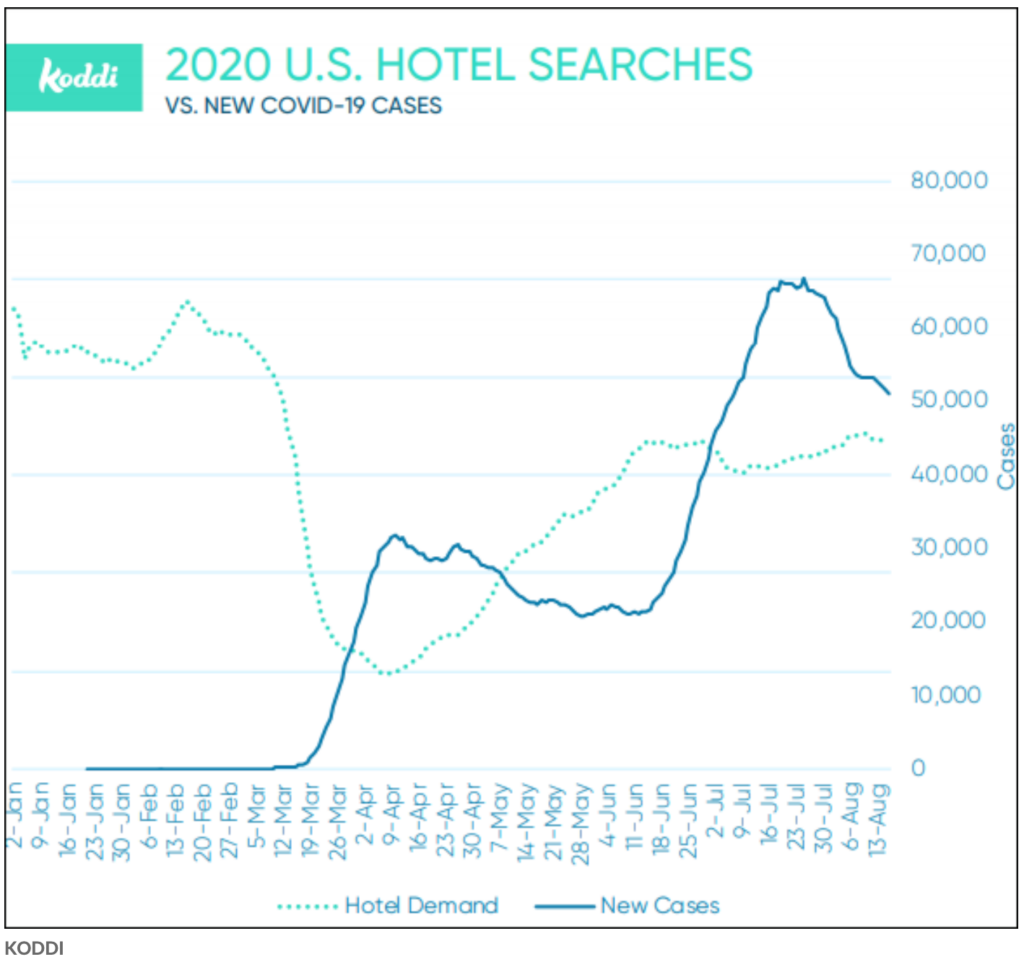
El principio fundamental que está asumiendo el sector, es volver a un viejo adagio de la industria, que a veces pareciera que se olvida, pero que sin duda nunca va a pasar de moda, y es: Lo que el huésped necesite. Las personas necesitan un escape de su realidad, conocer destinos increíbles, y volver a esos sitios de sus mejores recuerdos. Además, los negocios y viajes empresariales también se reactivan, y los ejecutivos necesitan donde hospedarse y poder conectarse, pero siempre primando su seguridad, y la confianza de poder utilizar unas instalaciones higiénicas y cómodas. Otra medida, es la implementación de más y mejores herramientas tecnológicas, permitiendo controlar el estado de las instalaciones, algunas comodidades diferentes diseñadas para la nueva economía, y teniendo más opciones a la hora de conectarse remotamente.
Lo más interesante para nosotros, es que estas medidas tarde o temprano se van a reflejar en el mercado bursátil, y las diversas acciones del sector, que se encuentran negociándose con primas altísimas respecto al resto del mercado, y donde puede haber muy buenas opciones de generación de patrimonio a largo plazo. Es importante revisar que la empresa que se escoja efectivamente tenga los recursos para superar la pandemia, y que sus ubicaciones clave no hayan sido afectadas de forma definitiva o a mayor plazo, por las medidas preventivas.
En este tipo de situaciones, siempre va a ser más interesante apostar por acciones de grandes compañías consolidadas, que en cualquier emergencia, no deberían tener problema en encontrar financiación o recursos, sin embargo, haciendo un poco más de investigación, seguramente se puedan encontrar alternativas interesantes, no tan conocidas, pero que tal vez, por tamaño, puedan adaptarse más rápidamente a las nuevas necesidades del entorno, y por tanto ganarse una posición privilegiada ante su competencia.
Esteban Peñaloza
Estratega del Instituto Español de la Bolsa
Time to go back to the hotels?
One of the sectors most affected by the Covid-19 pandemic was the hotel sector, where well-known chains such as Hilton Worldwide Holdings Inc. came to present a decrease in their Revenue per Available Room (RevPAR) of more 80%, and an operating loss of more than $ 400 billion last quarter.
And although the reasons for this behavior seem obvious, we state them here because, in the end, they represented new opportunities for each brand, to reinvent itself like never before, and take advantage of the situation in the best possible way. The first was the social distancing measures applied by the different governments, prohibiting large crowds of the public, domestic and international flights, among others. Second, the personal component of each consumer, with low confidence in going out to public establishments, and also cutting their expenses as much as possible.
And although it has represented a very hard blow for the industry, where several hotels had to go into bankruptcy, and others take measures at the labor level, such as forced vacations, lower wages, layoffs, etc. The brands that survived have taken the best attitude in the face of this situation, and are implementing various measures to regain people’s trust and boost their business to the maximum when we return to normalcy. And it is that as the speed and amount of infections continue to decrease worldwide, the demand for hotels grows, in which it must have a very high but interesting negative correlation, as can be seen in the following graph.
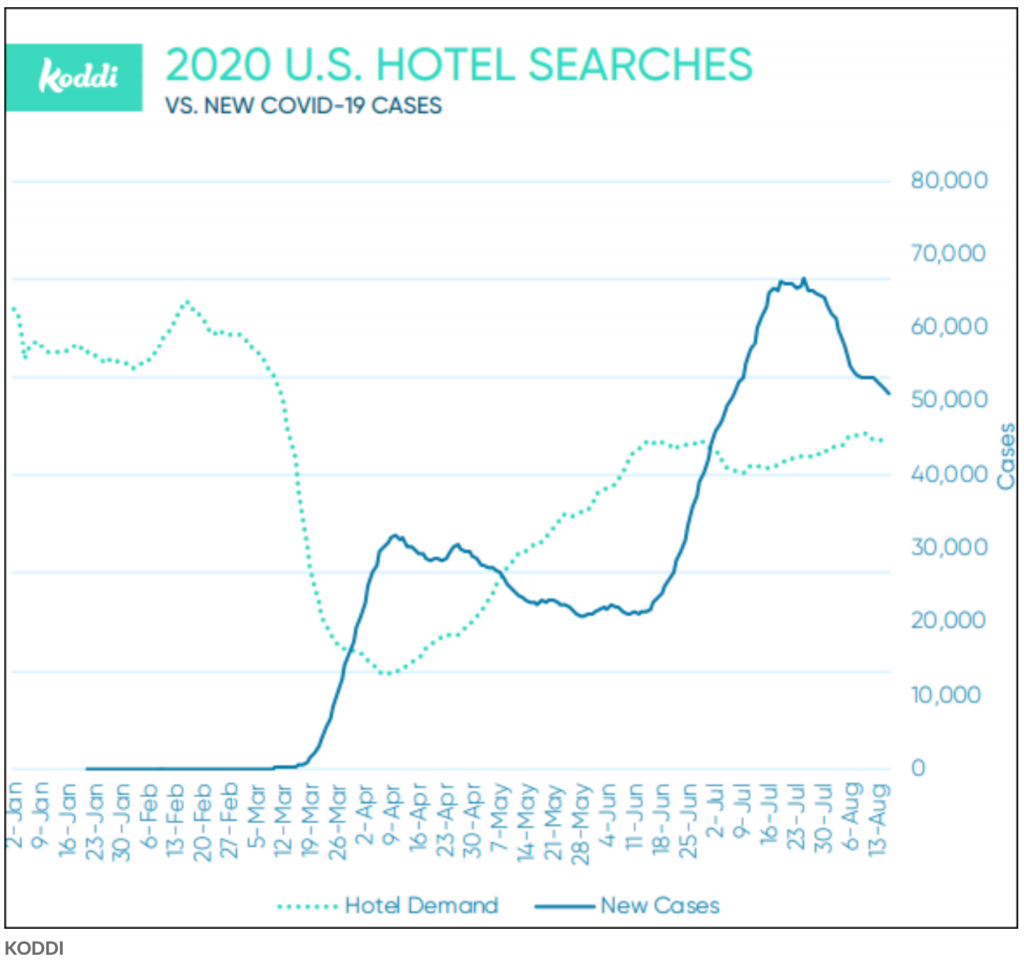
The fundamental principle that the sector is assuming is to return to an old adage of the industry, which sometimes seems to be forgotten, but which will undoubtedly never go out of style and is: What the guest needs. People need an escape from their reality, visit incredible destinations, and return to those places of their best memories. In addition, business and corporate trips are also reactivated, and executives need where to stay and be able to connect, but always prioritizing their safety, and the confidence of being able to use hygienic and comfortable facilities. Another measure is the implementation of more and better technological tools, allowing to control the state of the facilities, some different amenities designed for the new economy, and having more options when connecting remotely.
The most interesting thing for us is that these measures will sooner or later be reflected in the stock market, and the various factions of the sector, which are trading with very high premiums compared to the rest of the market, and where there may be very good options for the generation of long-term wealth. It is important to check that the company that is chosen effectively has the resources to overcome the pandemic and that its key locations have not been permanently or in the long term affected by preventive measures.
In this type of situation, it will always be more interesting to bet on shares of large consolidated companies, which in any emergency should have no problem finding financing or resources, however, doing a little more research, surely alternatives can be found interesting, not so well known, but that perhaps, due to size, can adapt more quickly to the new needs of the environment, and therefore gain a privileged position over their competition.
Esteban Peñaloza
Strategist of the Instituto Español de la Bolsa
Te invitamos este lunes al próximo encuentro con Carlos Guayara, de nuestro equipo Green Forex, Swing trading en Forex: así lo hace un profesional. Un webinar en donde Carlos, trader profesional y estratega del Instituto Español de la Bolsa, nos revelará sus métodos y estrategias para hacer Swing Trading en Forex y obtener excelentes resultados. ¡Inscríbete!
